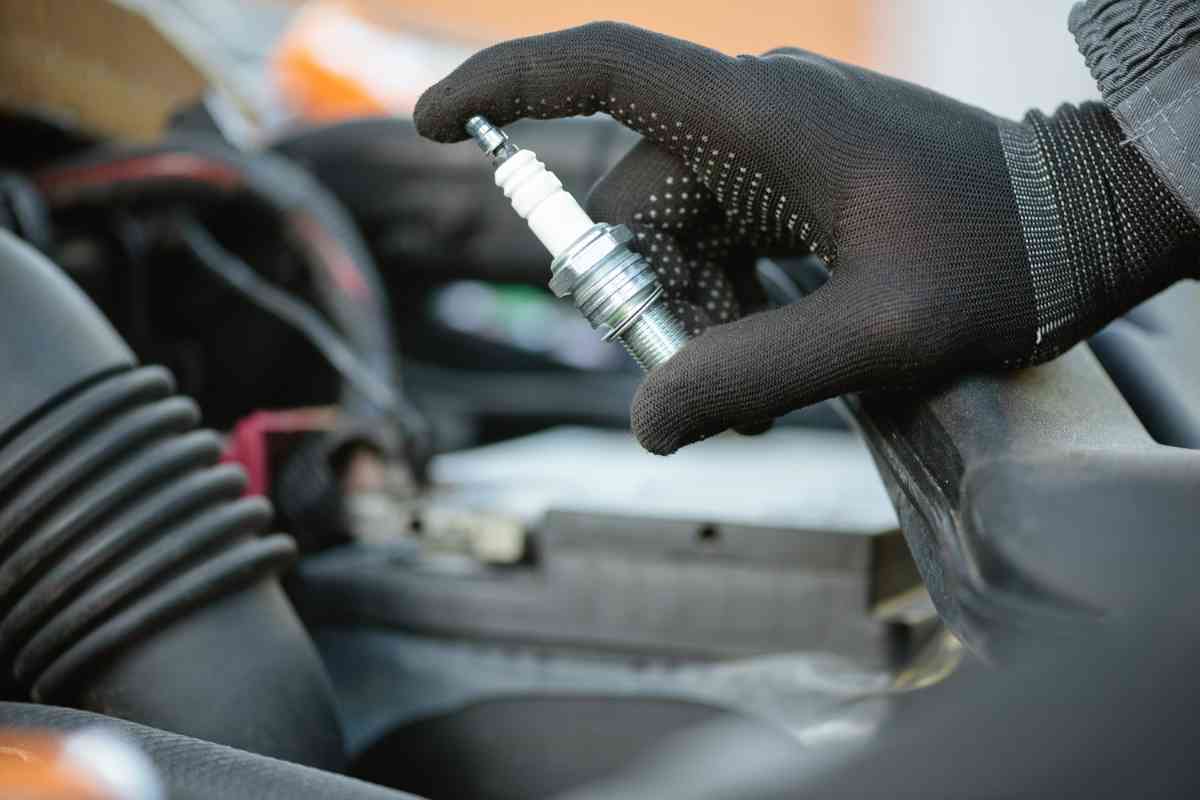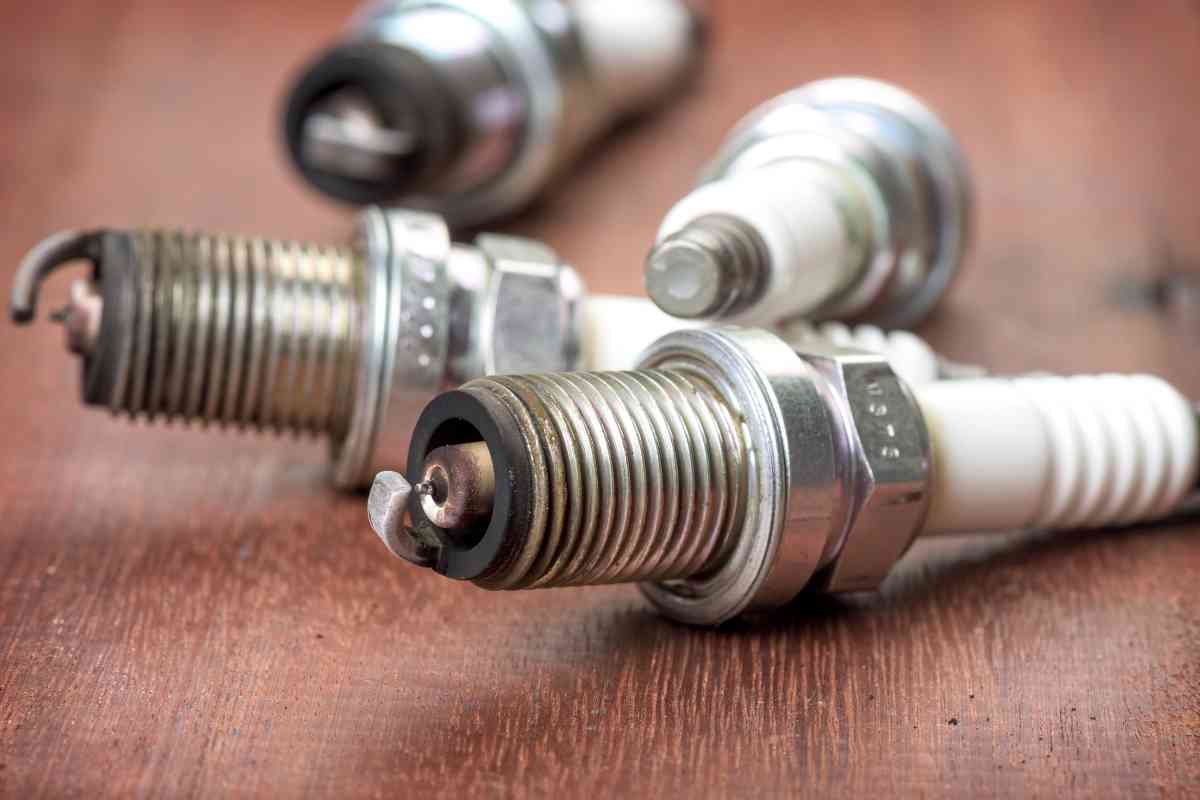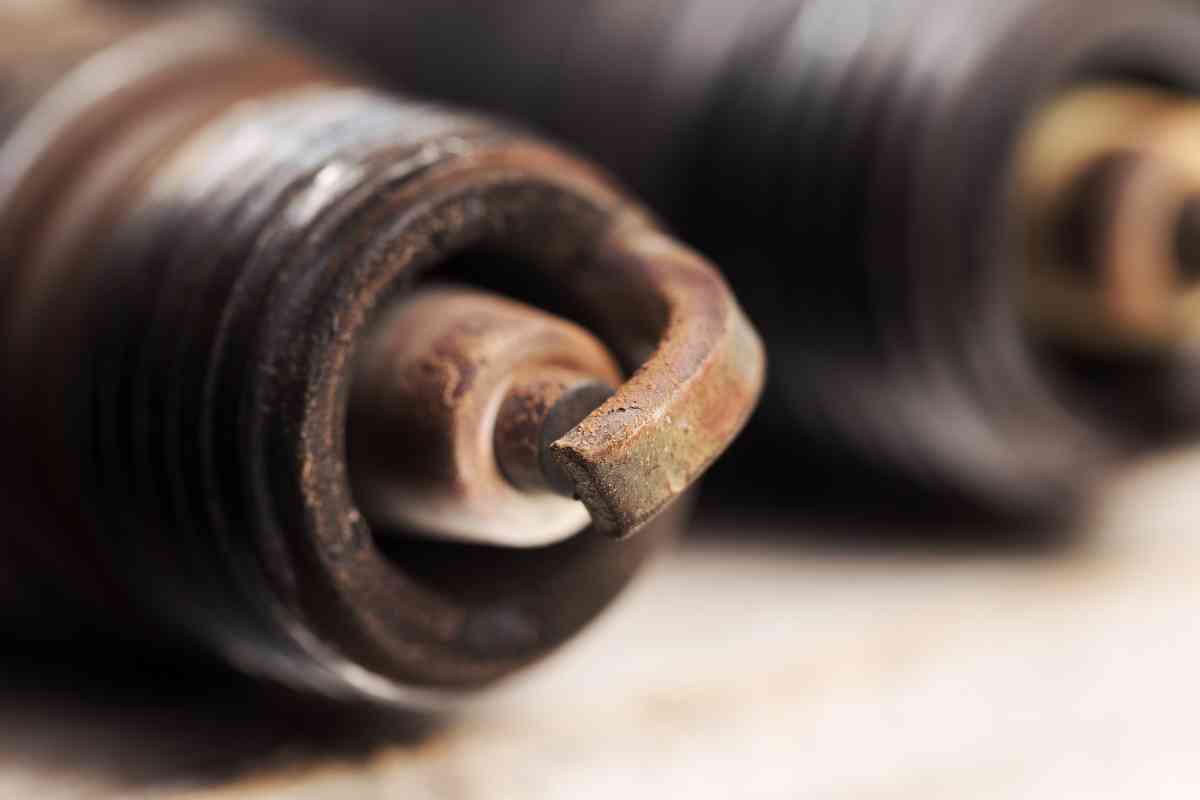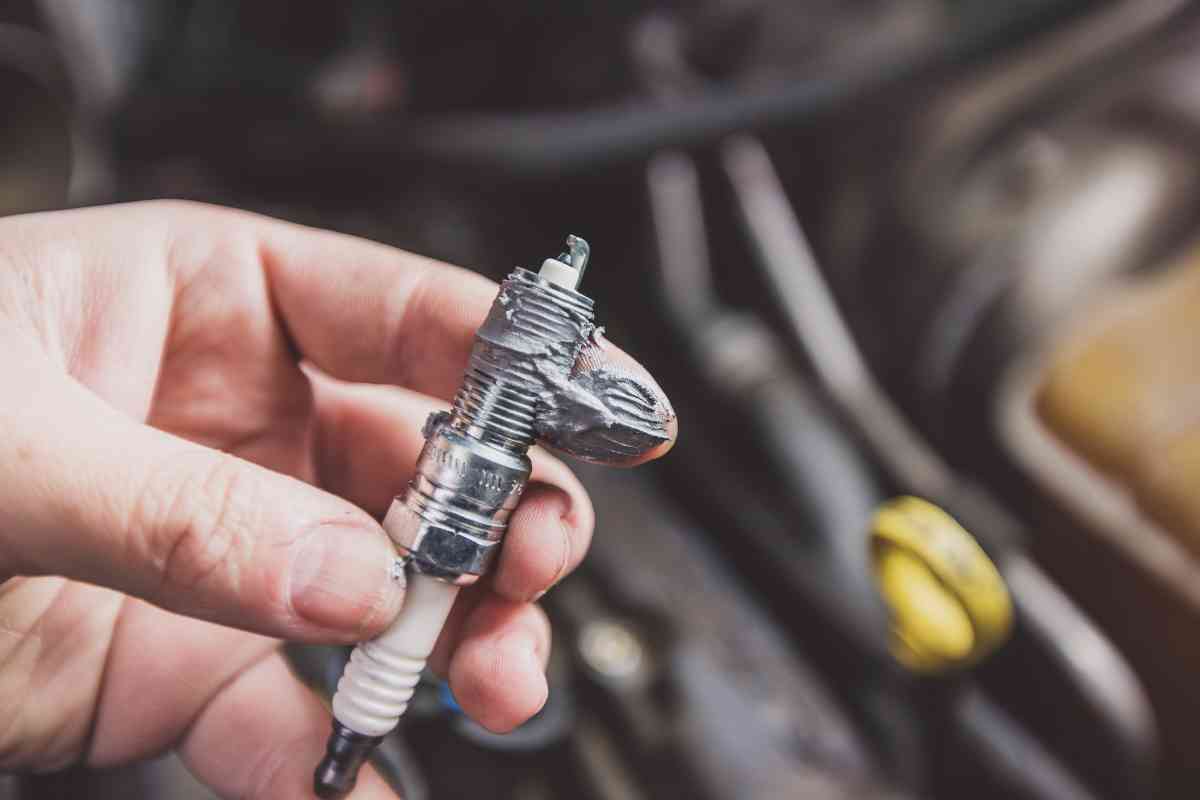Can Fuel Injector Cleaner Damage Your Spark Plugs?
Can fuel injector cleaner damage your spark plugs? While some old beliefs suggest they can foul up spark plugs, it’s essential to explore the truth behind this claim.
Can Fuel Injector Cleaner Damage Your Spark Plugs?
Putting fuel injector cleaner into your gas tank occasionally will not cause damage to the plugs, but only if the product is used correctly. Most top-tier types of gasoline have these cleaners already added, so a bottle of the ”pour-in-the-tank” cleaner is usually a waste of money.
A clean, working spark plug is a beautiful thing, The plugs in your engine work in tandem with the fuel injectors and pistons to deliver the combustion needed to create energy.
The car has optimal performance and power when everything is clean and proper.
- But what about when things aren’t as pristine as they should be?
- What happens with fuel injectors clog, spark plugs foul, and you get a tank of old, cheap gas flowing through the system?
- What happens if you add some fuel injector cleaner?
- Will it foul the plugs?
This article explores those questions and whether buying the “pour in the tank” cleaner is worth it.

Does Fuel Injector Cleaner Dirty Up Spark Plugs?
There is no definitive answer, but it is generally thought that occasionally using an additive doesn’t hurt the spark plugs when the chemical is used correctly.
If you use the fuel cleaner all the time, or if there is lots of sediment in the fuel system, then, yes, the plugs could lose their effectiveness by becoming dirtier than they should be.
So, in a way, your old man was right.
However, you should also remember that in his day, gasoline did not have the kinds of detergents and cleaners in them that they do now.
Science has come a long way in developing additives that can be mixed with gasoline formulas to keep modern fuel injectors operating effectively.
For example, Chevron adds Techron to their gasoline (the same thing as you buy at the store), so their gasoline is known for absorbing water and scrubbing out fuel systems.

What is Fuel Injector Cleaner?
As you might expect, grime, dirt, and foreign deposits in the fuel system are the culprits of bad plugs and clogged fuel injectors, so manufacturers have created chemical additives designed to counter that problem.
To foster sales, they wanted it to be easy for the consumer, so they just made a chemical solution that could be poured into the gas tank and run through the system as the engine operated.
Most fuel injector cleaners are made with a couple of active ingredients; polyisobutylene (a detergent) and polyisobutylene amine (which absorbs moisture).
The cleaner works to loosen debris, while the absorber works to remove water and moisture that might be present.
Most top-tiered types of gasoline carry these additives, making “pour in the tank” cleaners unnecessary.
Is Fuel Injector Cleaner Worth it?

It is possible that fuel injectors can get clogged fairly easily, but part of the reason is that the nozzle they spray with is so tiny that bits of dirt get trapped, limiting the flow.
These deposits can create issues by making the mixture too air-rich (not enough fuel) so that when the spark plug fires at a lower tip temperature.
When this issue happens, it forces the carbon to accumulate on the spark plug rather than getting sucked out of the exhaust.
Do this enough times, and the plug eventually has too many carbon deposits to work correctly.
Most injectors work just fine on a car without being cleaned.
However, if a car has been sitting for a long time (gasoline has a shelf life, and over time, it breaks down) or you purchase cheap gasoline from a knock-off store, then the dirt and grime in the gasoline could clog an injector, or foul a plug.
If any of these above scenarios are a part of your situation, then using several tankfuls of top-tiered gasoline with additives included or some fuel injector cleaner can help to rectify the issue.
Fouled plugs are just fouled plugs that need to be changed for any improvement to be noticed by the driver.
What are the Signs of Fouled Plugs or Clogged Fuel Injectors?
Several warning signs might indicate that you have a fuel system issue.
- Poor fuel economy
- Rough idling
- Stalling
- Engine failure at red lights/stop signs
- Knocking or pinging
- Power loss
- Increased emissions

How Do a Spark Plug and Fuel Injector Work?
The ICE (internal combustion engine) is comprised of several chambers (also called cylinders) where the combustion happens that creates the energy your car needs to move along. Each cylinder has a large piston that moves up and down.
As the piston moves up toward the top of the chamber, air and fuel are injected (squirted) into the ever-closing space.
(The air is drawn into the cylinder through an intake valve that opens and closes as the fuel is injected by the fuel injector, which is a small nozzle).
The piston compresses the air and fuel mixture until a spark plug fires, igniting the atomized fuel.
This event creates “combustion,” and the energy turns your drivetrain, which powers the wheels.
The piston moves down, a second valve opens, and the burnt gases travel through the exhaust system to be displaced away from the engine out your car’s tailpipe.
An ICE performs this operation many times each minute, so there is a lot of sparking and spraying happening all the time, which means that fuel injectors and spark plugs are an essential part of the operation.
It is easy for a fuel injector to become clogged (gasoline tends to pick up deposits from storage tanks and even your car’s fuel system).
Or, as the car continues to be driven, spark plugs can eventually retain enough carbon (from having sparked so many times) that they become less effective than they should.
This occurrence is why your technician recommends a tune-up now and then, to make sure everything is running smoothly.
Key Takeaways
- Spark Plugs can get fouled by adding fuel additives incorrectly.
- Most types of gasoline have chemical additives designed to help keep fuel systems clean.
- Spark Plugs that are fouled will need to be changed.
- Some manufacturers of additives recommend changing spark plugs.
